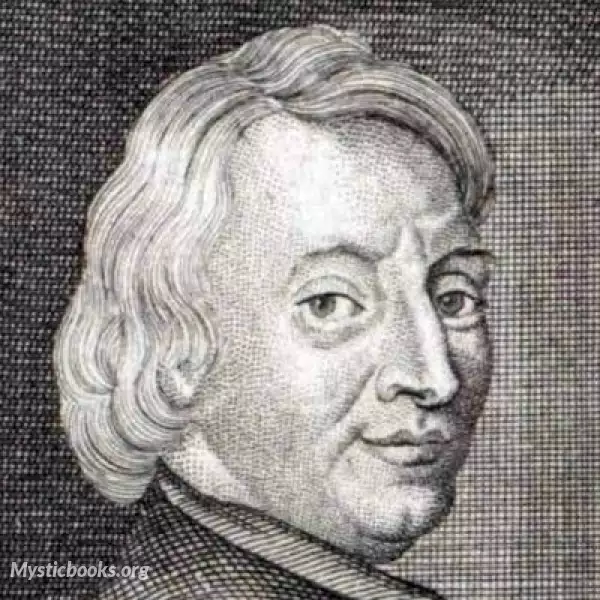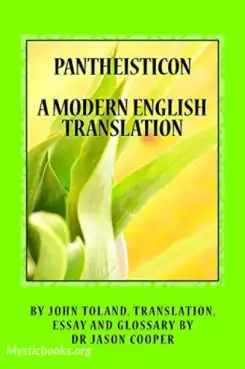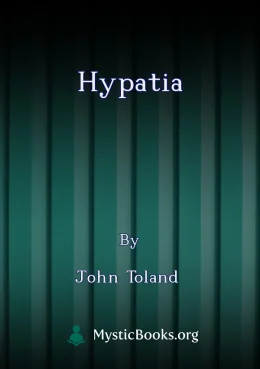
Timeline
Title
Country/Nationality
John Toland
John Toland was an Irish rationalist philosopher and freethinker, and occasional satirist, who wrote numerous books and pamphlets on political philosophy and philosophy of religion, which are early expressions of the philosophy of the Age of Enlightenment. Born in Ireland, he was educated at the universities of Glasgow, Edinburgh, Leiden and Oxford and was influenced by the philosophy of John Locke.
His first, and best known work, was Christianity Not Mysterious (1696).
Very little is known of Toland's early life. He was born in Ardagh on the Inishowen Peninsula, a predominantly Catholic and Irish-speaking region in northwestern Ireland. His parents are unknown. He would later write that he had been baptised Janus Junius, a play on his name that recalled both the Roman two-faced god Janus and Junius Brutus, reputed founder of the Roman Republic. According to his biographer Pierre des Maizeaux, he adopted the name John as a schoolboy with the encouragement of his school teacher.
Having formally converted from Catholicism to Protestantism at the age of 16, Toland got a scholarship to study theology at the University of Glasgow. In 1690, at age 19, the University of Edinburgh conferred a master's degree on him. He then got a scholarship to spend two years studying at University of Leiden in Holland, and subsequently nearly two years at Oxford in England (1694–95), where he acquired a reputation for great learning and "little religion." The Leiden scholarship had been provided by wealthy English Dissenters, who hoped Toland would go on to become a minister for Dissenters.
Toland was a man not of his time; one who advocated principles of virtue in duty, principles that had little place in the England of Robert Walpole, governed by cynicism and self-interest. His intellectual reputation, moreover, was subsequently eclipsed by the likes of John Locke and David Hume, and still more by Montesquieu and the French radical thinkers. Edmund Burke in his Reflections on the Revolution in France wrote dismissively of Toland and his fellows: "Who, born within the last 40 years, has read one word of Collins, and Toland, and Tindal, and Chubb, and Morgan, and that whole race who called themselves Freethinkers?"
Still, in Christianity not Mysterious, the book for which he is best known, Toland laid down a challenge not just to the authority of the established church, but to all inherited and unquestioned authority. It was thus as radical politically and philosophically, as it was theologically.
Of his influence, humanities professor Robert Pattison wrote: "Two centuries earlier the establishment would have burned him as a heretic; two centuries later it would have made him a professor of comparative religion in a California university. In the rational Protestant climate of early 18th-century Britain, he was merely ignored to death."
However, Toland managed to find success after his death: Thomas Hollis, the great 18th century book collector and editor, commissioned the London bookseller Andrew Millar to publish works advocating republican government - a list of titles which included Toland's work in 1760.
Books by John Toland

Pantheisticon
Pantheisticon: or, the Form Of Celebrating the Socratic-Society. Divided into Three Parts. Which Contain, I. The Morals and Axioms of the Pantheists; or the Brotherhood. II. Their Deity and Philosophy. III. Their Liberty, and a Law, neither deceiving...

Hypatia
Hypatia was a Neoplatonic philosopher, astronomer, and mathematician who lived in Alexandria, Egypt, in the 5th century AD. She was the daughter of the mathematician Theon and was educated in the intellectual traditions of the Hellenistic world. Hypa...